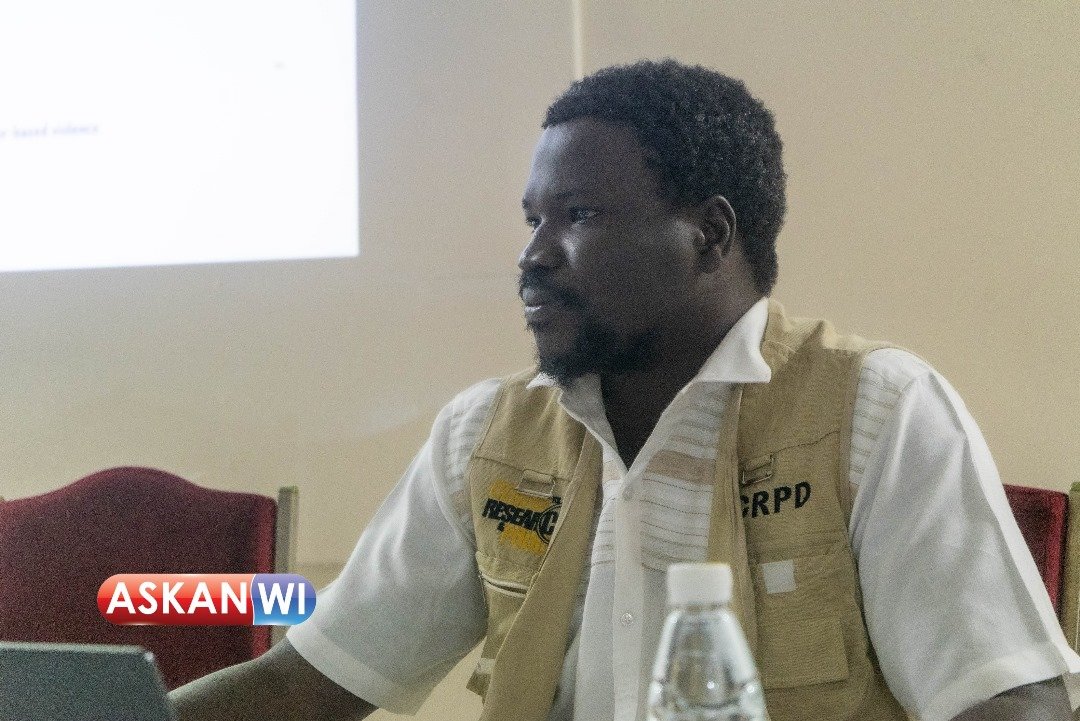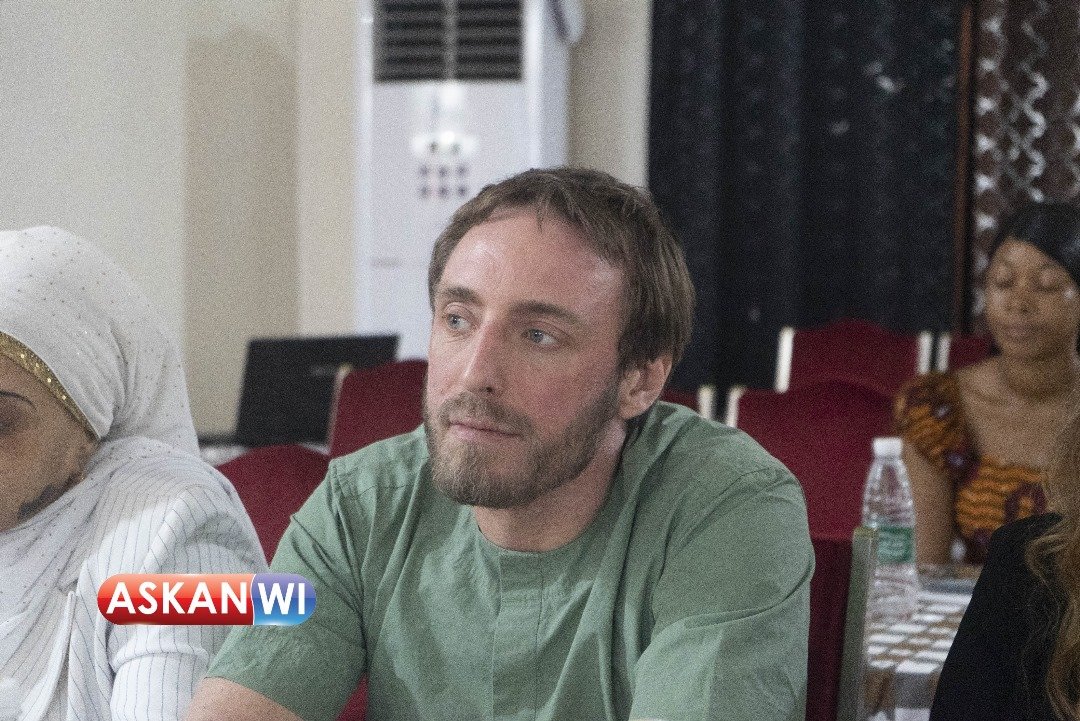Researchers Reveal Women’s Experiences on Migration from The Gambia and West Africa
CRPD Executive Director Sait Matty Jaw © Askanwi
By Haddy Ceesay
Two civil society organizations launched a research paper on “Gender and Migration: Spotlight on Gambian Women’s Mobility” on Friday, 13th December 2024, at Baobab Hotel. Hosted by TRANSMIT in collaboration with the Center for Research and Policy Development in The Gambia (CRPD), the event featured three research presentations on Gender Norms and the Backway, Changing Gender Norms and Female Migration Beyond the “Backway,” and the Role of Gender Inequality on Migration Aspirations.
According to the researchers, “Women constitute a significant share of migrants from West Africa and The Gambia. However, public and academic debates often treat migration as a predominately male phenomenon." In a move that challenges this narrative, the “event brought a fresh perspective, highlighting the gendered norms and social structures influencing Gambian women’s migration experiences and decisions.”
Researchers revealed that the body of literature on gender and migration in West Africa remains patchy with significant gaps regarding overarching trends and dynamics as well as subregion nuances, similarities, and differences.
Stakeholder at Engagement © Askanwi
During the presentation, CRPD Executive Director Mr. Sait Matty Jaw revealed his findings on gender norms and the ‘Backway.’ His presentation also touched on migration aspirations, experiences, and social tensions around women's migration from The Gambia to Europe.
Mr. Jaw highlighted that his research on women's experiences with irregular migration reveals specific gendered risks that influence both the motivation for migration and the safety of women throughout their journey. Women encounter distinct challenges due to gender inequalities, including limited access to resources and information, which can hinder their ability to make informed migration decisions.
After women fail in their journey through irregular migration and return back home, they face significant stigma and family pressures on a daily basis, says Mr. Jaw. “We notice that traditional norms constrain women to fulfill domestic roles because most of their family members see them as failures because they wasted resources on their journey, which they could have used for something useful,” explained Mr. Jaw.
Stakeholder at Engagement © Askanwi
Another presentation delivered by Ms. Judith Altrogge, a representative from the Institute for Migration Studies and Intercultural Research (IMIS) at the University of Osnabrück/Germany, focused on “Changing Gender Norms and Female Migration Beyond the ‘Backway’: Making Sense of Numbers and Narrations."
According to Ms. Altrogge, structured conditions and gendered realities are produced in different social sectors such as the economic sector, employment sector, education law, civil society action, and cultural social stratification, to name a few. Ms. Altrogge revealed that her study “is a micro- and local-level analysis of migration decision-making throughout the experience of female ‘backway’ migration from The Gambia and how migrating women are perceived by their families and communities.”
She reiterated that “the phenomenon of the ‘backway’ has largely been reserved for men due to their expected social role as breadwinners, but recent incidents, including the death of goalkeeper Fatim Jawara, have brought the activities of female migrants to the fore despite their relatively small size.”
Participant at Stakeholder Engagement © Askanwi




